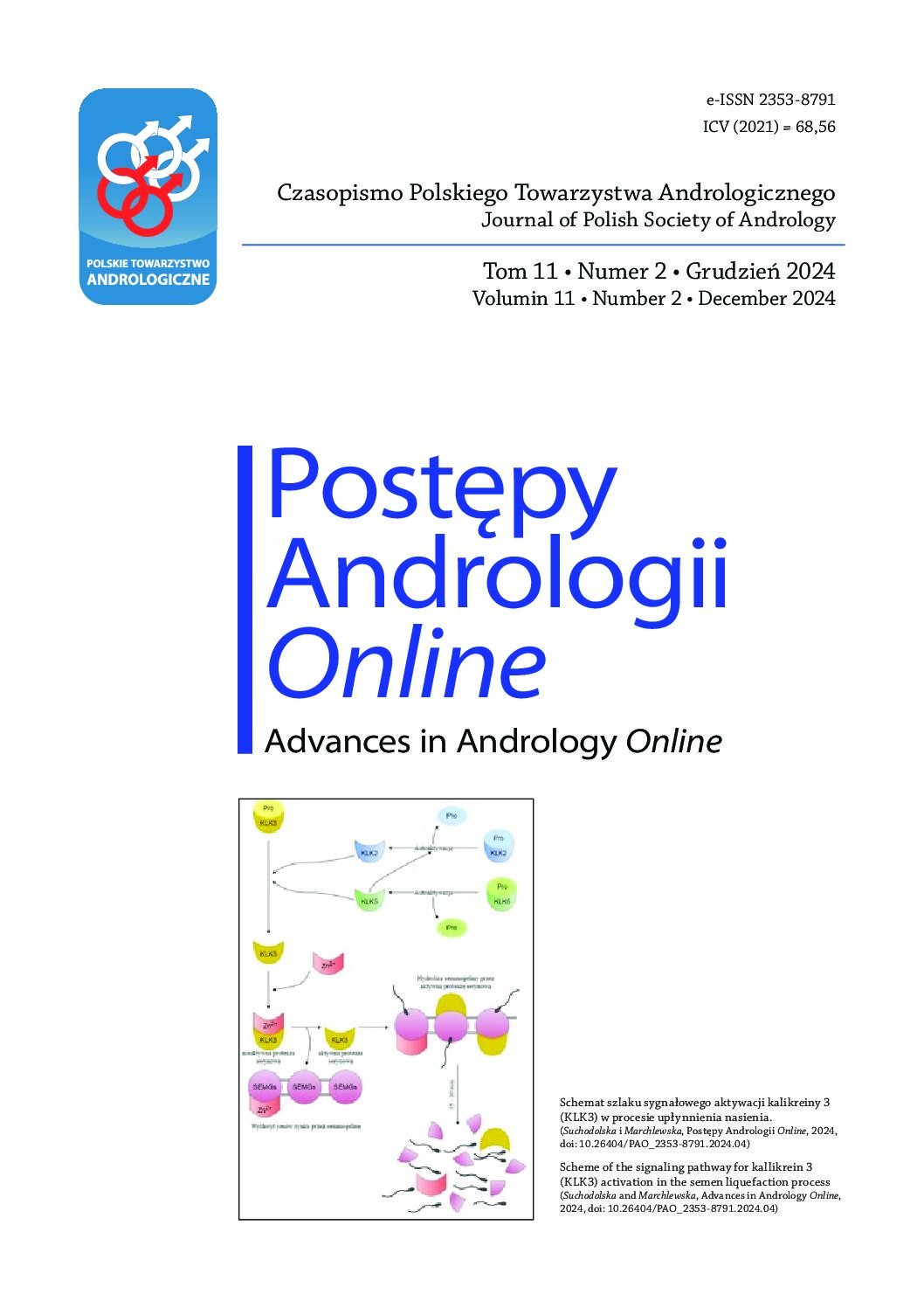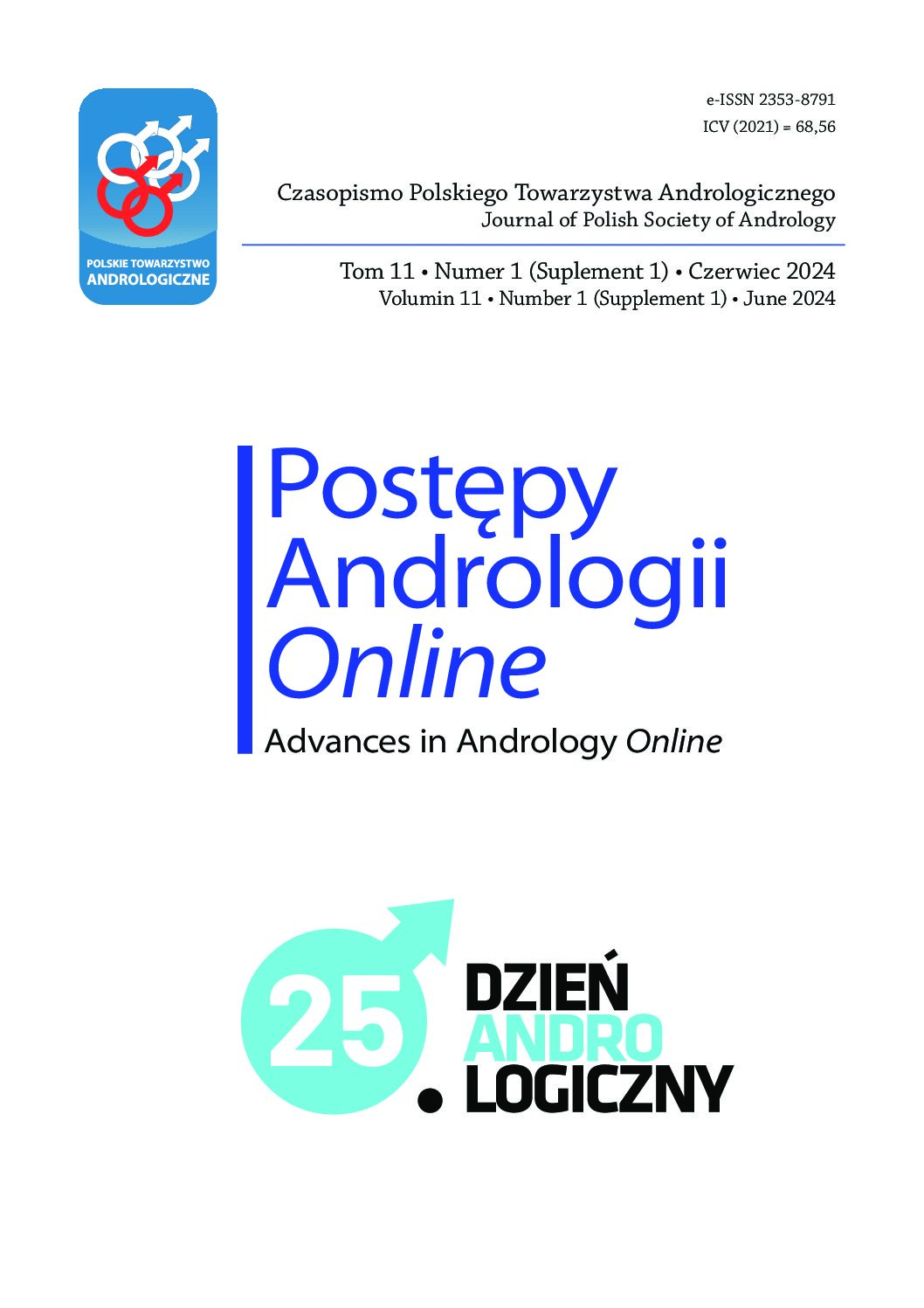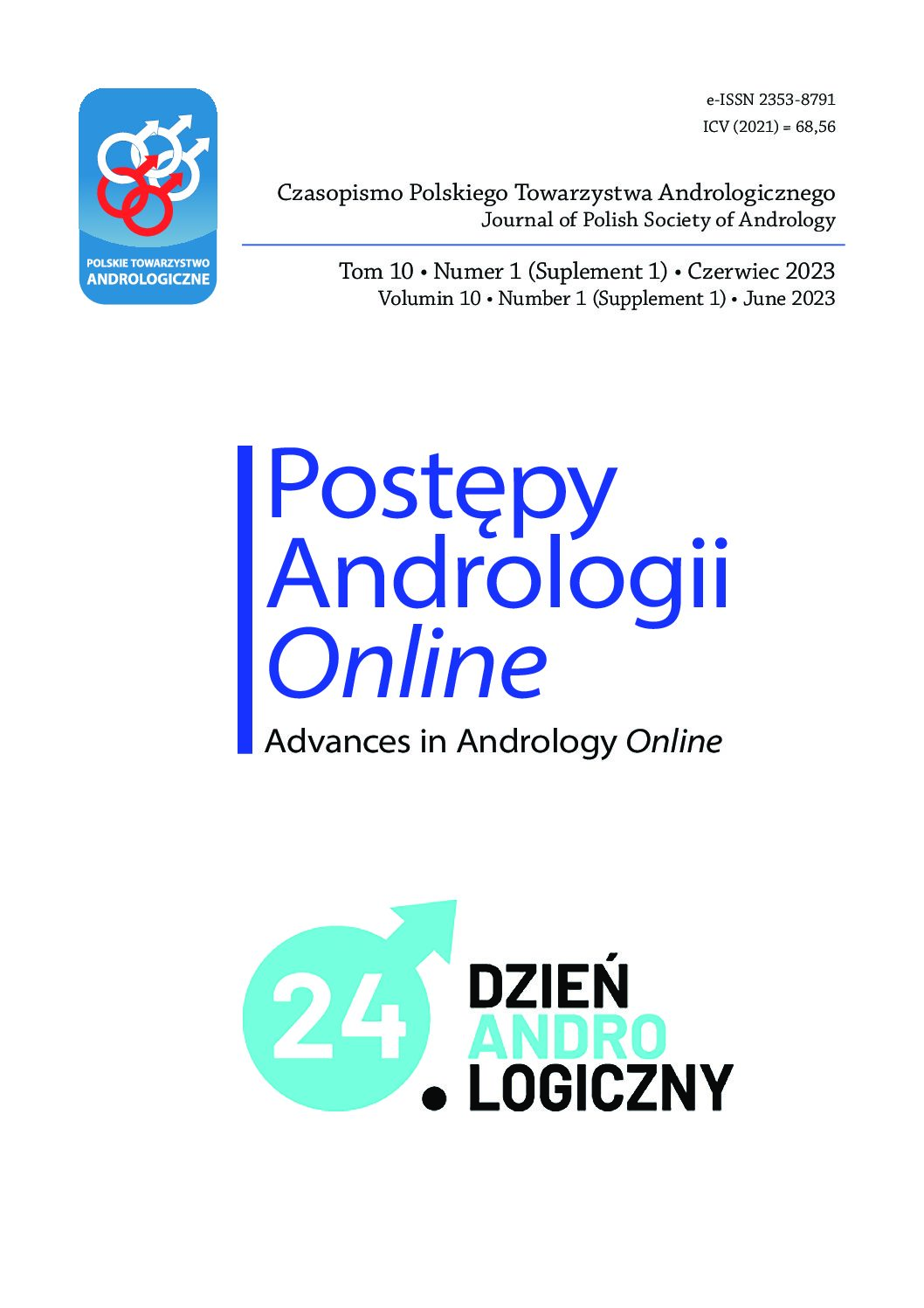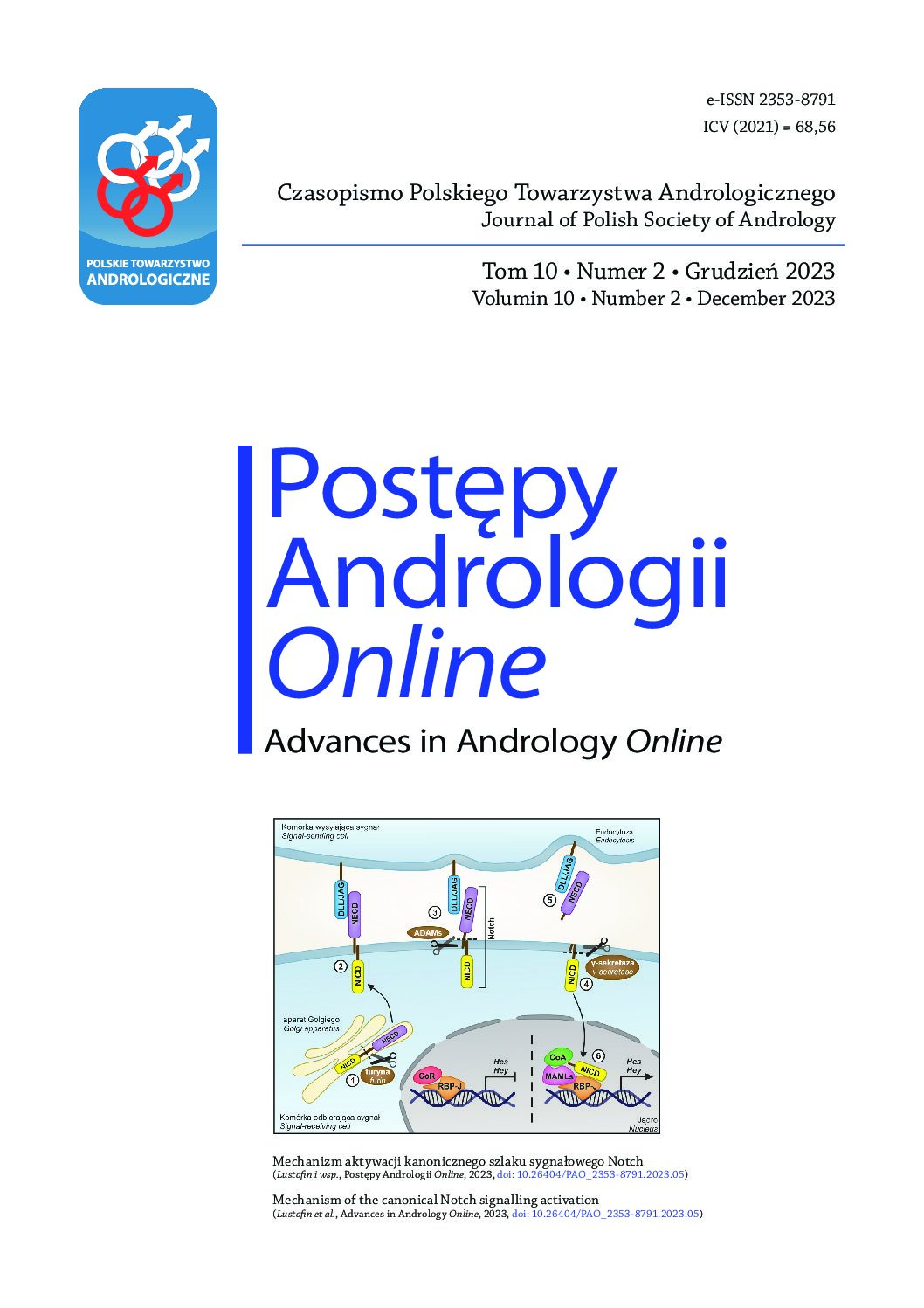Endocrine disrupting chemicals and male reproductive health.
The balanced function of the endocrine system is needed for maintaining the continuity of the species through the proper embryo/fetal growth and development, and then, postnatally, by correctly carrying out physiological processes, including those related to reproduction. In recent decades, one of the broad areas of interest of the researchers of various disciplines is the impact of environmental factors on human beings. The factors that are important in this respect are the endocrine disrupting chemicals (EDCs), which by interfering with the endocrine system have an adverse effect on the organism physiology. Among the known, anthropogenic EDCs are synthetic substances used as plant protection preparations (pesticides, fungicides, insecticides, etc.), plasticizers used in industry (e.g. in the polyvinyl chloride production), industrial lubricants and solvents, pharmaceutical products (including cimetidine) and products of personal hygiene as well as compounds created during fires or burning, e.g. waste. Compounds naturally occurring in the environment, such as phytoestrogens (e.g. soy isoflavones) and heavy metals (e.g. arsenic, cadmium, lead, copper, zinc, chromium) can also affect the physiology of the endocrine system. The disruption of hormone homeostasis has become a serious public health problem. Among the intensifying disorders related to male reproduction, a decrease in the number of gametogenic cells in the testicle is described, that caused a diminished sperm count and their quality, increased risk of testicular, prostate and breast cancer and an increase the frequency of congenital malformations (cryptorchidism, hypospadias) that lead to reduce fertility or even infertility.









